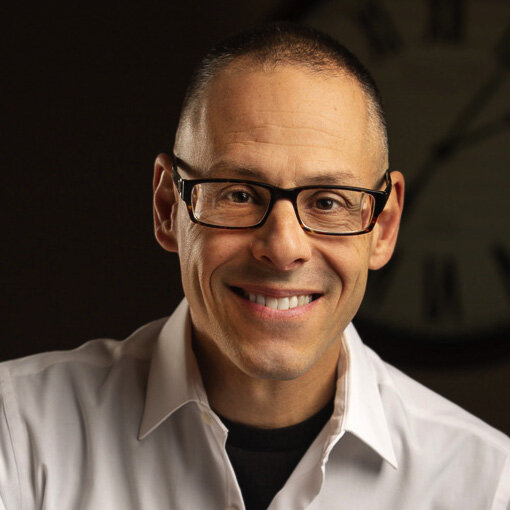The Cost of Change. Don’t Be A Worm!
It wasn’t too long ago I was sitting with a good friend discussing ministry. Through a lot of prayer and conversation we decided to take a different tack and adjust a few things. As I suggested the change I could see a stark look come over his face. I’d inadvertently said the dirty word - CHANGE - and it made his insides churn.
Personally, I like change. Productive, purposeful, meaningful change. Not change just for change’s sake, but adjustments that better help people and accomplish healthy goals. Not everyone likes change, though, and I understand why. There are two truths that I’d like to share that I was reminded of while, yet again, in my garden.
A Black Swallowtail butterfly caterpillar, makes short work of my fennel plants in the garden. In order for this worm to change, it can't remain a worm. Change in our organizations requires that one thing become another or cease to be.
My vegetable beds look more like something out of an Addam’s Family episode now. Dried bean pods hang on spindly, brown plants. Zucchinis mashed to the ground and cucumber vines lay prickly and hard like abandoned highways from the sky. Morticia Addams would be thrilled. But there, among the beige and brown, were several brightly colored, wonderfully decorated caterpillars, Black Swallowtails! They were eating my fennel plants. As has happened in the past with blogs like Rotten Toe-Mah-Toes and Ripe Pep-pahs, the life phase of my garden made me think of what those caterpillars would one day be in light of what they are now and what would be needed in that metamorphosis.
Sometimes change is difficult because it’s seen as a negative commentary on what was.
Moving On
isn’t it humorous how we often desire others to change, but resist or deny it ourselves? It’s curious that we demand change in our society but are slow to be the catalyst! Why? Because change can be hard and often painful. One truth I’ve uncovered is this: sometimes change is difficult because it’s seen as a negative commentary on what was. In order to change we have to abandon what was in order to achieve what will be. Just like the caterpillar, it can’t be a worm and a butterfly. In becoming a butterfly it doesn’t mean that being the caterpillar was wrong, just different. For people, this shift can require something as simple as new paint on a wall or as up heaving as leaving a job.
As we lead others through change - and the church is absolutely one of those places where leading change must take place - we have to be sure to articulate that change doesn’t necessarily mean that what we were wrong. Many times change is simply keeping up with an ever changing world. Once my volunteer understood this principle, he was more at ease. It wasn’t personal, but practical. When change happens we have to lead it well.
Change often requires something to disappear.
Munch, Munch, Munch.
The other attribute of change is this: change often requires something to disappear. The destruction of the row of fennel by the caterpillar was a graphic reminder that change requires energy and energy requires something to be consumed or converted. Whether it’s fennel for the ‘pillar or less hours at work, something has to fuel the change. We can’t have everything.
Years ago we had to make some difficult decisions as to what would and would not be part of our ministry. At one point we made the hard shift away from in-home meetings to a single place to gather. Too many times we want to keep what we have and experience something new. This can’t happen all the time. Even the early Church had to abandon the Jewish customs to embrace a new faith. Jesus spoke about not putting new wine into old, stretched wineskins. The old skins just won’t hold the change.
As leaders, it’s our job to understand the many dynamics that accompany change and to help others move through it. I believe every organization has a destiny. In order to achieve that destiny, change has to be molded into the culture. Refusal to change often means an agreement to die or in the very least becoming irrelevant. However, change too frequently, without purpose and direction and you’ll never establish a solid foundation. This too can lead to death.
